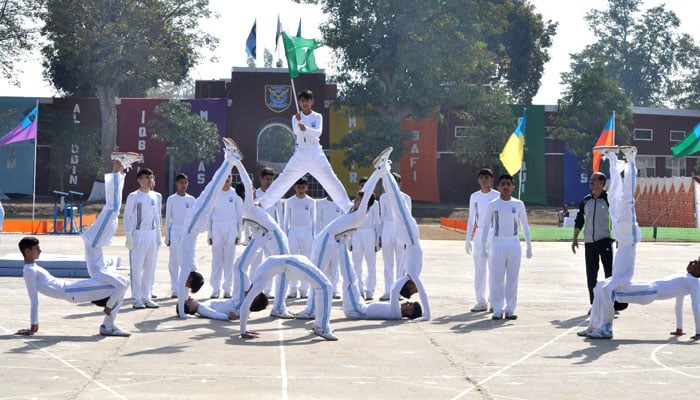Modi-ji's Policy Towards Pakistan Explained Here .
View: PM Narendra Modi has made Pakistan pay more for terrorism
By: Aarti Tikoo Singh - Economic Times
India and Pakistan have ratcheted up offensive rhetoric following the terror attack on the Sunjuwan army camp in Jammu, actuating nervous appeals for dialogue and peace from many including Jammu and Kashmir chief minister Mehbooba Mufti.
From NDA government’s Left-wing economics to its Hindu Right-wing politics, there is a lot worth criticizing but, in all fairness, Prime Minister Narendra Modi, contrary to his pre-election bluster on Pakistan, did start off from a reconciliatory position. Exercising the advantage of his massive mandate, he attempted to establish friendly relations with his counterpart Prime Minister Nawaz Sharif, who is now ousted.
For the first time since 2012, India and Pakistan resumed foreign secretary level talks in 2015, which were followed by Prime Ministerial diplomatic talks in Ufa. The initial bonhomie between India and Pakistan began dissipating after the terror strikes, first on Gurdaspur police station in July 2015 and later on Pathankot Air Force base in January 2016.
After three wars with India and following the defeat of Soviet Union in Afghanistan by Taliban, Pakistan switched from conventional to sub-conventional warfare in the late 1980s, given its cost-effectiveness and maximum impact. The net result of all track I or track II diplomacy in the last three decades therefore has been a constant—cross border terrorism with the exception of 1999 Kargil war. Pakistan is convinced that its sub-conventional approach will deliver victory in Kashmir just as it as it did in Afghanistan.
Pakistan, like the Soviet Union, believes in not only reaching a nuclear and military parity with India but wants to supersede India on that account. It has moved from limited nuclear deterrence to a full-spectrum deterrence and at the same time, realigned itself from being an ally of the US, to now almost China's protectorate, in the new dynamic world-order, post-Trump. Pakistan's geo-strategic objectives in Afghanistan and Kashmir, which are defined by its military-mosque industrial complex anand not at variance with those of the civilian leadership, remain unchanged.
Therefore, talks or no talks, India has and will continue to receive only terror from Pakistan until Kashmir is “resolved". And even if Kashmir were settled, Pakistan's paranoia about India, which it considers an existential threat since the creation of Bangladesh in 1971, it will remain adversarial towards India and open new fronts of proxy war as it did after its Khalistani terrorist movement was defeated in Punjab. With the help of China, which also seeks to contain India, Pakistan will seeks to contain India, Pakistan will pursue policies to undermine India's influence in Afghanistan by supporting Taliban and to that end China Pakistan Economic Corridor (CPEC) only strengthen its goals.
Given this scenario, India's foreign policy towards Pakistan, which has historically been defensive-offensive, will follow the normal course—from talks to disruption and from disruption to talks. However, not talking at the table across each other is talking by other means and talking on one's own terms. The Modi government during the current disruption has determined the terms of non-engagement instead of being inactive as Prime Minister Manmohan Singh was during his second term.
In the absence of a détente, India has escalated the cost for Pakistan's cross-border terror—pressure from the Trump administration to act against Kashmir-centric terror groups and their leaders, NIA investigations in terror funding of Kashmiri separatists, intensified counter-insurgency operations in Kashmir and cross-LoC limited strikes. These measures will be followed by talks at some point but for now without a Mikhail Gorbachev in Pakistan, and a tangible détente encouraged by Pakistan, , Modi has no immediate incentive to become Ronald Reagan. Until the power of the Paki Fauj is cut to size ( not likely to happen in the near future), the future of Indo Pak reconciliation does not look bright !

